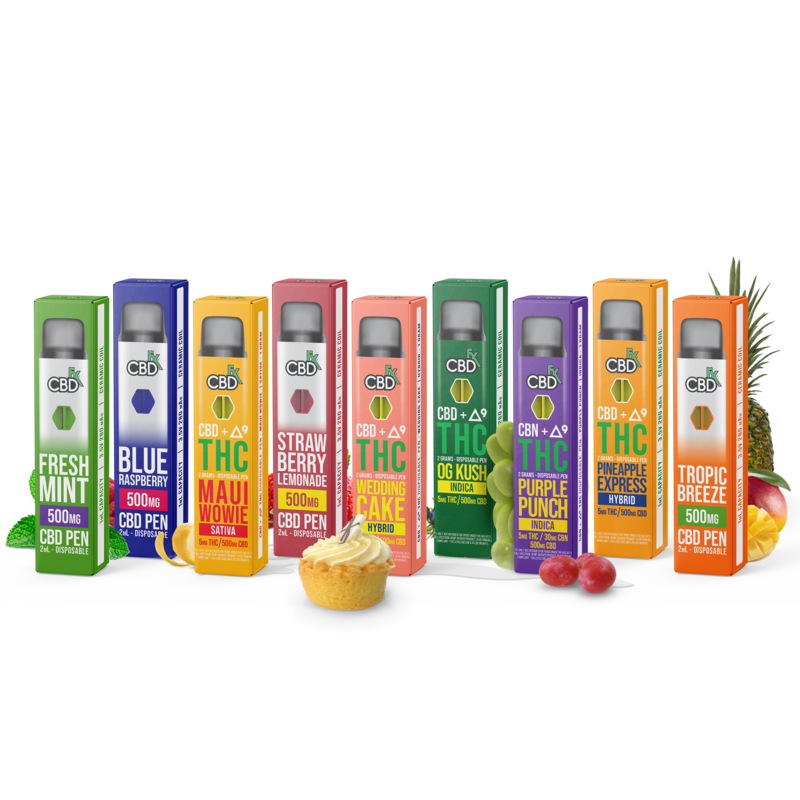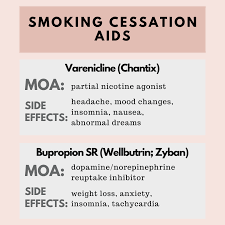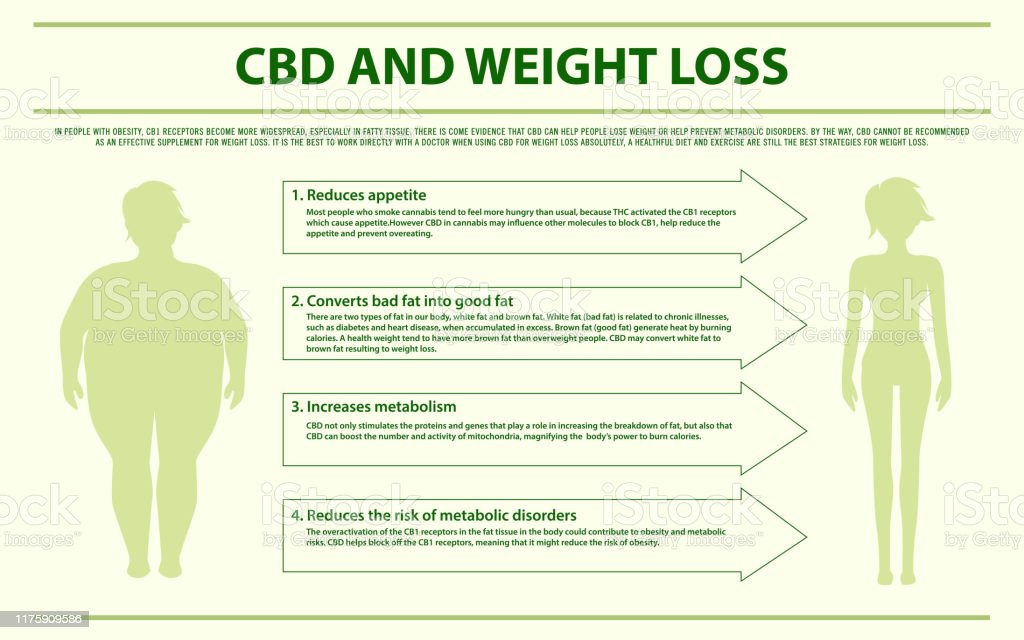
The market for CBD-based skin care products is expected to grow significantly in the future. Market growth can be influenced by several factors. This research report provides a comprehensive analysis of this market, including its drivers and challenges. This report also highlights emerging trends in the market.
CBD oil
The use of CBD oil to treat skin conditions can help you achieve radiant, healthy skin. CBD oil's anti-inflammatory, antioxidant and healing properties make it ideal for treating various skin conditions. CBD also has antibacterial properties, so it's great for acne breakouts. Different CBD products may have different skin effects.
When using CBD oil for skin care, make sure you choose a product that's made for skin and formulated for specific areas. You may find that some CBD oil products target particular areas with specific ingredients. This is especially helpful if your skin is sensitive or sensitive. Moisturising creams are best for people with dry, itchy skin.
Hemp oil
CBD is a highly potent antioxidant and is an excellent choice for skin care. Its soothing and anti-inflammatory properties make your skin appear younger and more comfortable. Free radicals are the main cause of skin aging problems like pigmentation, wrinkles and sagging. CBD oil is rich in antioxidants that rival Vitamin C and Vitamin E.

It contains unique combinations of antioxidants, polyunsaturated and fatty acids. This type of fatty acids is found in the skin's natural moisture barrier. Hemp seed oil can help maintain and replenish these natural substances.
Delivery methods
Transdermal cannabis delivery allows cannabinoids directly to the bloodstream through the skin. Transdermal delivery can produce a more rapid effect than oral and ingestible forms. The skin can be treated with lotions, oils, and balms containing CBD/THC. They can be used therapeutically to manage pain, inflammation, or soreness.
Another delivery method is the transdermal patch. These are easy-to-apply and to remove, and they often release the active ingredient in a sustained manner. These prevent cannabis from deteriorating in the stomach. In addition, these topicals can be small and convenient.
Benefits
Cannabidiol offers many skin benefits including anti-inflammatory, antioxidant and other properties. It prevents the development of wrinkles as well as other signs of aging by fighting free radicals. It's also useful in treating acne and psoriasis.
It may also help with eczema and other inflammations of the skin. CBD ointment has been found to be safe for patients with eczema, chronic psoriasis, and atopic skin conditions. Another study revealed that CBD could reduce the symptoms associated with peripheral neuropathy. This is a condition which causes pain and tingling in your limbs.

Challenges
The market for CBD (Cannabidiol) skin care is predicted to increase dramatically over the next few years. This is due in part to the legalization and acceptance of cannabis. A major driver of this growth is the increasing awareness among consumers. This market is not without its challenges.
Even though it's still a relatively new industry, the cannabis beauty sector is rapidly growing. It is also relatively unregulated, which means it is still in its early stages. The industry's response to these challenges will impact the industry’s ability and potential growth. Industry could use the absence of regulation to gain market share or address challenges that hinder growth.
FAQ
Is the CBD industry on the rise?
Yes! And this growth is expected to continue into the future as legalization spreads across North America. Canada has legalized recreational marijuana use in the past year, and several states have passed laws regarding medical marijuana.
This trend is expected to continue for at most another decade, as more states pass legislation that allows access to medical marijuana.
From an economic standpoint, legalizing marijuana is also sensible. Legalizing pot can provide many benefits, not only for farmers but also for the general public.
For example, it could help reduce crime rates by reducing the availability of illegal drugs. It could also bring in tax revenue to governments.
As legal weed becomes more popular, many people will choose to reduce their alcohol consumption. This would mean fewer hangovers and lower health care costs.
Patients with chronic pain might find that marijuana actually helps to improve their quality-of-life. Many believe THC, the active component in marijuana, is responsible for relieving symptoms like muscle spasms or nausea that can be caused by chemotherapy.
The use of marijuana may be a useful tool in treating mental illness such as anxiety and depression. Some studies show that marijuana can even be used to treat schizophrenia.
So, although the future looks bright for the CBD industry, we should not forget that there are still plenty of challenges facing us along the way.
Is there a saturation in the CBD market?
CBD is growing at a rate of more than 25% per year. This growth rate is expected to continue at least for five more years. According to industry projections, it will grow from $2 billion to $5 billion by 2020.
Two companies currently dominate the CBD market - GW Pharmaceuticals & Canndoc Ltd. Both companies are focused in developing pharmaceutical-grade products. They haven't been very successful so far. Both are struggling to get traction on market.
Cannabidiol (CBD) is an extract of cannabis that contains less than 0.3% THC. It has no psychoactive effects. It is used to treat epilepsy and other conditions. It is often used as an dietary supplement.
There are many different types of CBD products available. Some CBD products can be made with whole plant extracts and others, such as CBD.
All these products have in common that they contain low levels of THC.
They are therefore legal under US federal law. This doesn't mean you shouldn't follow local laws when selling CBD-related products. Check with your state regarding the sale of CBD products.
Additionally, CBD products in some states are illegal. These include California. Colorado. Florida. Mississippi. Missouri. New York. North Carolina. Ohio. Oklahoma. Oregon. Rhode Island. South Dakota. Texas. Utah. Virginia. Washington.
You will want to stay clear of CBD products if you are from one of these states.
How can CBD products be successfully promoted by companies in a regulatory-compliant way?
The FDA does not regulate hemp for its agricultural commodities. However, the agency regulates all other cannabis derivatives (e.g., marijuana) under the Controlled Substances Act. To date, there are no specific regulations for CBD.
CBD is legal at the state level in 29 states, but federal law still considers it illegal. This uncertainty is a problem for CBD-product sellers.
The FDA also has guidelines for how CBD products should be advertised. The FDA requires that all CBD products clearly disclose their THC content. Without scientific evidence supporting this claim, CBD cannot be used to treat certain medical conditions.
Further, the FDA requires that manufacturers provide information on manufacturing practices and quality controls. Companies are also required to participate in clinical trials in order to demonstrate safety and efficacy.
These factors are crucial for companies to consider when developing their marketing strategies.
What are the prospects for the CBD industry in the future?
The future of CBD is bright. It's easy for people to get on board with this sector. With CBD products making up over $1Billion worldwide, it's easy for people to see why this market has grown exponentially.
Statista predicts that global sales of cannabidiol in 2019 will reach $22.4 million. This is an almost 200% increase from 2018!
It is also expected that the CBD market will grow at a compound annual growth of 22.5%. That would translate to approximately $6.8 million in revenue by 2020.
This is great news not only for existing businesses but also for companies looking to get into the sector. We must remember that the CBD market still has a lot of work ahead.
Statistics
- OralWhere HED is the human equivalent dose, and Km is a correction factor estimated by dividing the average body mass (BM) of the species (60, 0.020, and 0.150 kg for 11 humans, mice, and rats, respectively) and by its surface area (see: Nair et al. (ncbi.nlm.nih.gov)
- While the primary injury may not be treatable, interventions that attenuate secondary sequelae are likely to be of benefit [203].Only one study (ncbi.nlm.nih.gov)
- however, one study also found that these effects were virtually abolished when the original media (a nutrient broth agar) was replaced with one containing 5% blood (increasing the minimum concentration to ~160 μM CBD) [179]. (ncbi.nlm.nih.gov)
- CBD seems unlikely to directly influence sleep in healthy humans [115] (and maybe “sleep-promoting” in those with certain comorbid conditions) (ncbi.nlm.nih.gov)
- HR −16 mmHg; 95% CI −26, −6; I2 = 92%) (ncbi.nlm.nih.gov)
External Links
How To
How to Sell CBD Oil at Home
CBD oil is one of the most popular products sold online today. It is derived from hemp plants and has been used for centuries to treat pain and inflammation. There are many benefits to CBD, including the ability to treat anxiety, depressions, insomnia, chronic pain, as well as other ailments. Many people hesitate to use CBD oil because they don't know where to begin. This article will show you how to sell CBD oil at-home so you don't have worry about getting involved in legal issues.
Steps to Selling CBD Online
-
Check to see if your state permits the sale of CBD oil. Look into other states that allow CBD oil to be sold. You should check with your local health department before beginning any business related to CBD oil.
-
It is important that your site conforms to the FTC regulations. There are two types for CBD sites: those that follow FDA guidelines and those which don't. Sites that sell CBD oil must follow the rules set forth by the U.S. Food and Drug Administration (FDA). This means that they cannot claim CBD oil can help with particular medical conditions unless there's scientific evidence. They must also keep track of each transaction that is made on their website.
-
You need to understand what CBD oil is. While some people believe CBD refers to cannabidiol, this is not true. CBD oil can also be used for anything extracted from cannabis plants. Talking to your doctor can help you find out if CBD oils are right for your condition.
-
Determine whether you want to sell wholesale or retail. Wholesalers can buy large quantities of CBD oil to resell to retailers. Wholesalers will supply small quantities of CBD oil that can be rebranded for retail. Wholesale prices are often more expensive than retail.
-
Decide whether or not you would like to start a drop-shipping business. Drop shippers send items directly to customers by sourcing them from suppliers. They are responsible for all aspects of the delivery process, including customer service. Dropshipping is an ideal option for first-time entrepreneurs, since it requires minimal upfront investment.
-
Choose a manufacturer. Many companies offer CBD oil as alternative medicine. They offer a variety of strengths and flavors. A lot of these companies also offer free trials. Look around until you find one that suits your needs.
-
Set up a Facebook profile. Marketing plays an important role in social media. Facebook alone can help you reach millions upon millions of potential customers. Set up a page and post information regarding your new business venture.
-
Promote your brand. Once you have a successful page on Facebook, start promoting your brand on other social networks such as Instagram or Twitter.
-
Sell your products. You must decide the product type you wish to sell once you have decided you want CBD oil for sale. Do you want to sell only drops or tinctures? What would your price per bottle be? What packaging would you use?
-
Include a description for each product. Include all the ingredients as well as any warnings related to CBD oil.
-
List the prices of your products. The strength of your product will affect the price. For example, a 10ml bottle of 100mg CBD oil costs $30, while a 500mg bottle costs $120.
-
Add images to draw more attention. Post pictures of your products so that visitors know exactly what they are getting into. You can even include videos if you wish.
-
Optimize your shop. You must ensure your store is professional and well-organized. Bad design can lead to customers leaving your store.
-
Online reputation can be improved. Google Reviews are what people use to find out about products. Customers could be turned off if there aren't positive reviews.
-
Offer discounts. People don't always like to pay full-price for items. Discounts can help you increase your profit.
-
Use email marketing. Email marketing allows you to send promotional messages to people who have already expressed an interest in purchasing your products. This is a great method to build relationships between your customers.
-
Optimize your website. If you want to start a new business, it is essential that your website works properly. Your site should contain useful information regarding your products and services.
-
Help you manage your business. Many tasks go along with running a business. If you don't employ someone to handle certain tasks, you will waste time trying to figure how to accomplish them yourself.
-
Get started! You are now ready to start your CBD Oil Business. We wish you all the best!